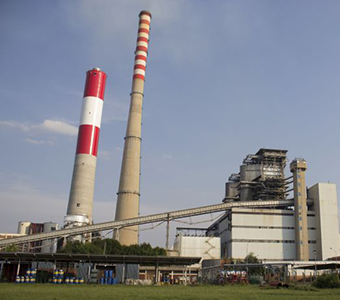Bankwatch has reported time and again about controversies in the Serbian coal sector. While the Kolubara lignite mine has been the most visible in the past, Chinese-backed plans for a new unit at the Kostolac lignite power plant have increasingly come under scrutiny for a possible breach of state-aid rules and undemocratic decision-making over a loan agreement with the China Export-Import Bank among others.
The most recent confirmation of the government’s preference for murky waters is a court decision from June nullifying the Environmental Impact Assessment for failing to inform and consult neighbouring Romania about the potential transboundary impacts of the Kostolac B3 lignite unit – an obligation that is part of the international Convention on Environmental Impact Assessment in a Transboundary Context (Espoo Convention).
In the end of July, the Serbian Center for Investigative Journalism (CINS) took a close look at the Kostolac B3 lignite power plant. The two resulting articles offer an overview of the range of issues surrounding the project. See them here:
Kostolac: Chinese loan, Serb rule-breaking – July 21
Serbia promisses clean, while investing into dirty energy – July 22
More materials about Balkan Coal investments
Never miss an update
We expose the risks of international public finance and bring critical updates from the ground – straight to your inbox.
Institution: Chinese investors
Theme: Energy & climate
Location: Serbia
Project: Kostolac lignite power plant, Serbia
Tags: CINS | CMEC | China ExIm Bank | Environmental Impact Assessment | Espoo Convention | Kostolac | coal | state aid


